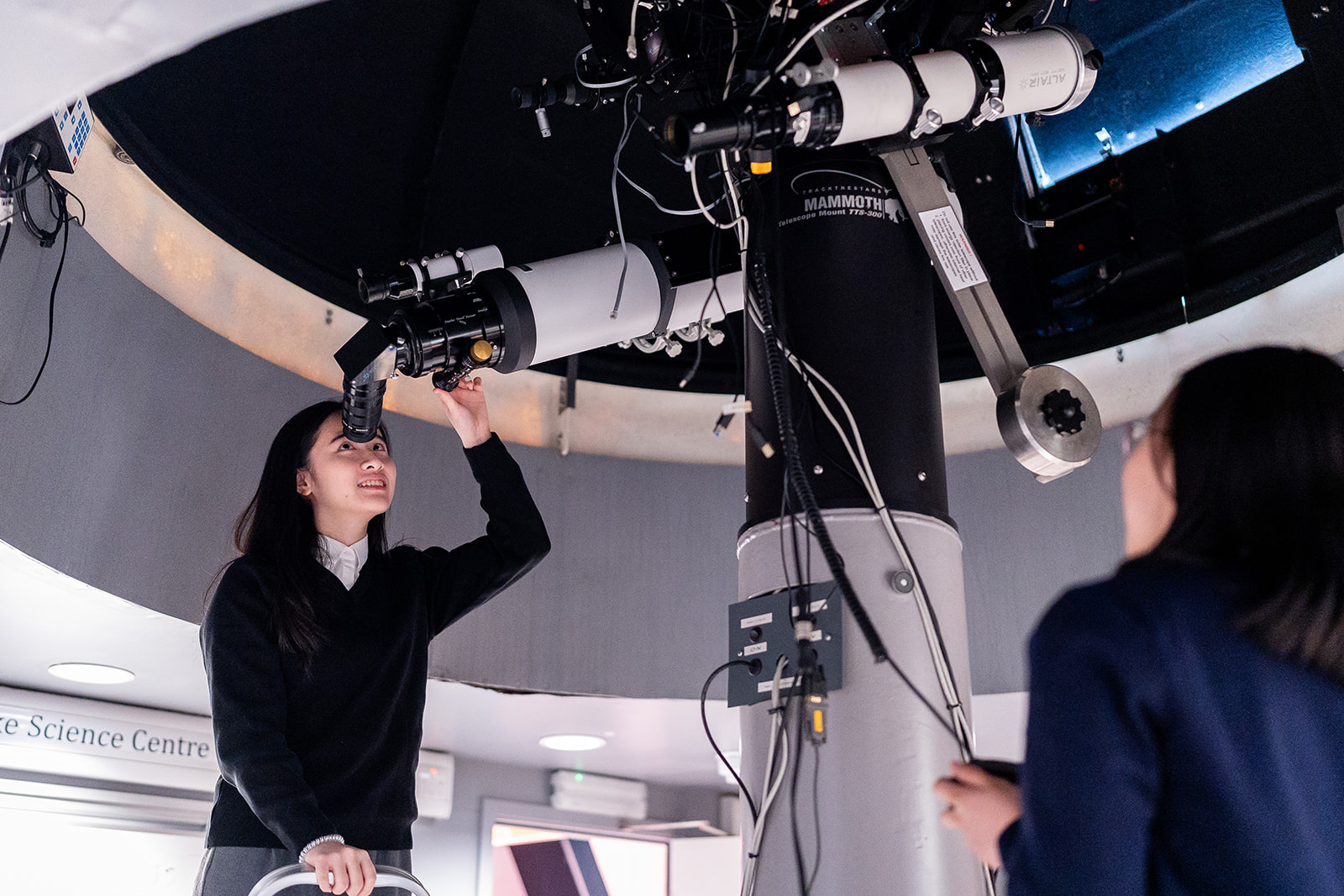The focus of the two-year course is a pair of projects which leads to two HPQ qualifications. In the first year, the project results in a dissertation which addresses a question based on the students’ interests. In the second, an astronomical artefact is designed, built and used. The course, which includes a formal taught element as well as independent work, is pursued as an additional subject during an extra-curricular activity on a Friday afternoon.
The HPQs are distinct from each other and in qualification terms, a pair of HPQs equates to a full GCSE.
Examples of projects include:
Should humans populate Mars?
How does the Moon affect our daily lives?
How does Science class with Astrology?
The design, construction and use of a Sundial.
The design, construction and use of a telescope.
There is no A Level in Astronomy; instead pupils can pursue Astronomy through the Extended Project Qualification (EPQ). This allows them the freedom to explore in depth their own areas of personal interest. A recent example includes the development and use of a process to explore the possible correlations between notable alignments in ancient structures (such as stone circles and temples) and significant astronomical events (such as sunrise on the summer solstice or the culmination of the star Sirius).
For those pupils taking the Physics A Level, there is coursework relating to Astronomy and the curriculum includes some ideas and concepts of an astronomical nature (for instance Newton’s law of Universal Gravitation and the use of the Doppler Effect). Pupils in the Upper School can also choose to take a GCSE in Astronomy alongside their A Levels, as an Option, an intense one-year course.
One of the Physics A Level course internal coursework elements is the C2 project and one available Option is Practical Astronomy for which pupils usually design, construct and use some astronomical apparatus. Recent examples include a sextant, an armillary sphere, a forward-scatter meteor detector and a reproduction of Eratosthenes’ measurement of the size of the Earth.
Syllabus & Code
Edexcel Level 3 EPQ Astronomy

